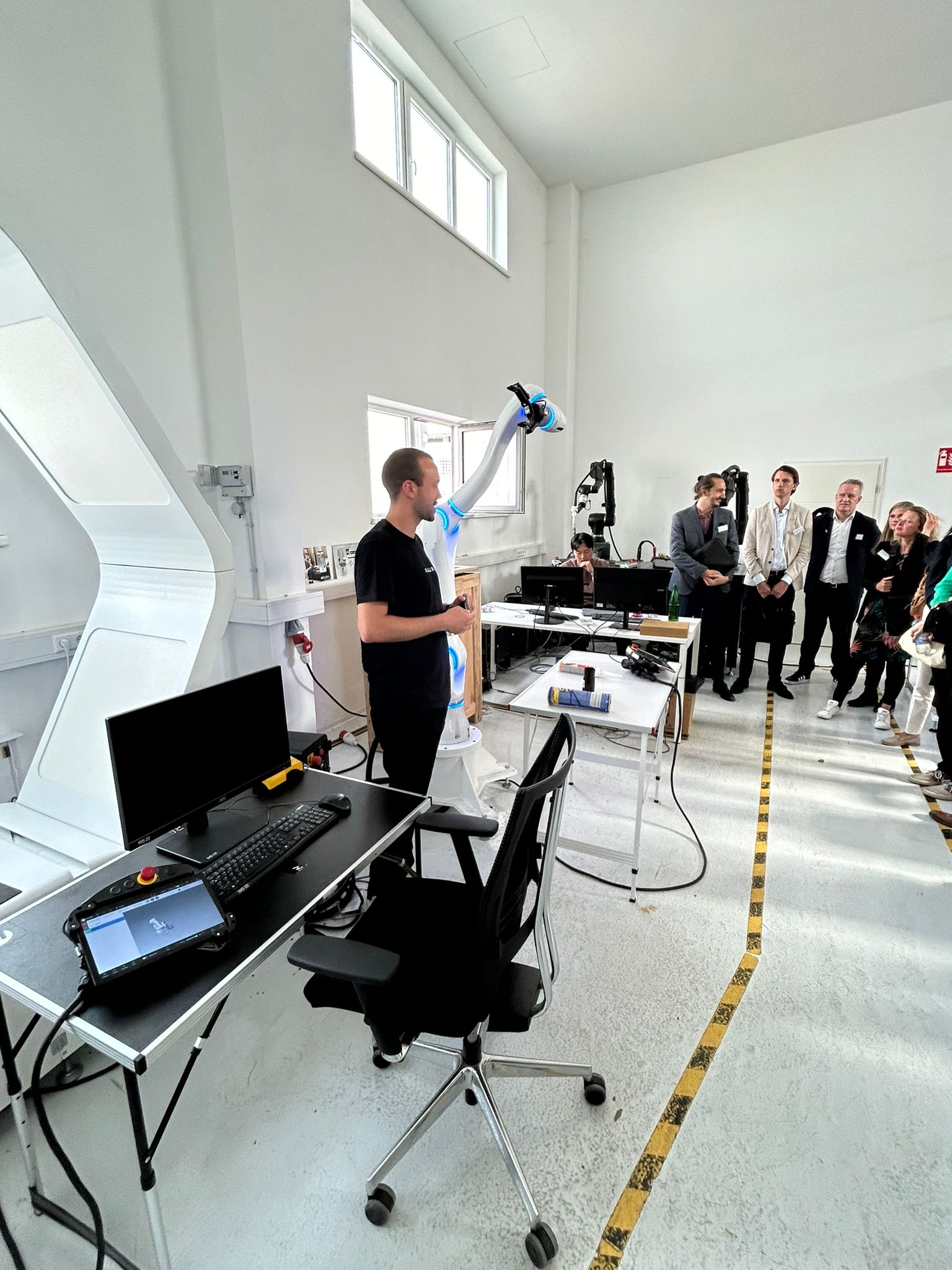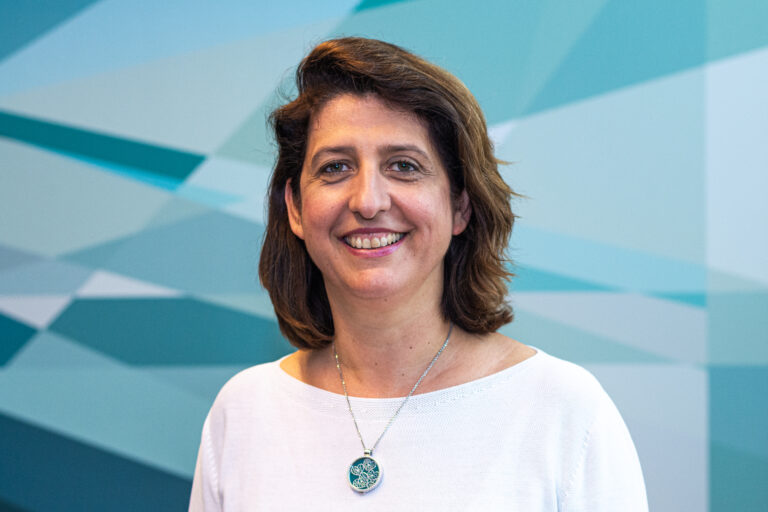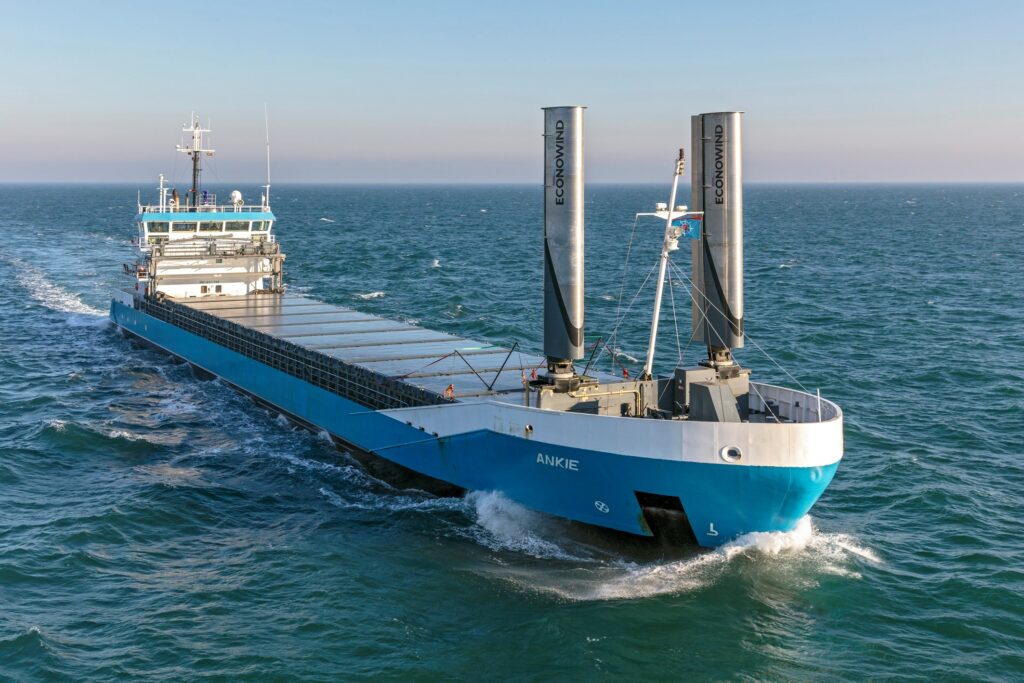Maarten van Steen talks about his work as chairman of the working group Research and Innovation of the Netherlands AI Coalition.
Since the launch of the Netherlands AI Coalition, Maarten van Steen (Scientific director of the Digital Society Institute, University of Twente) has been involved as chairman of the working group Research and Innovation. Maarten leads the working group together with Stefan Leijnen (Lecturer Artificial Intelligence, Utrecht University).
Importance of Research and Innovation Research and innovation with regard to Artificial Intelligence (AI) is essential. Too often people think that the technology is already available and applicable in various sectors. Maarten van Steen: “Nothing could be further from the truth. Very often, it turns out that we know too little about the technology that we develop ourselves. For example, a change in datasets that we use for automatic, machine learning, can just lead to new insights, showing that the learning was still insufficient. Think, for example, of datasets that discriminate. Research into AI technology is therefore essential.
It is important not just to ‘research’, but to do something with it. In my role as chair, I keep stressing that we in the working group pay a lot of attention to innovation. Simply put, the roll-out of technology after the research phase”.
Activities of the working group Maarten van Steen: “Our working group ensures the connection between research and innovation and the application areas (sectors). That connection is still insufficient. The parties often do not know enough about the possibilities of AI. Those who have to implement AI within an organisation are not sufficiently aware of where research stands or what innovations there are. Researchers, on the other hand, are often unaware of where the problem lies in the sectors.
To ensure better coordination, our working group started the sub-working group ‘Impact’ to ensure that real impact is achieved with AI technology. With the sub-working group ‘Consortia’, we are looking at relevant AI programmes (national and international) and how we can then achieve successful consortia around research and innovation to achieve further development of AI technology”.
Realisation of a national AI network The goal is to make AI technology research and innovation more effective in the Netherlands in a few years’ time. Parties like CLAIRE, ELLIS, ICAI and BNVKI have already joined forces regionally and nationally. But more is needed, according to Maarten van Steen. “The NL AIC has chosen not to set up one national AI institute, but one national AI network. For the outsider, this network must look like one coherent whole, and stronger, operate as one.
For this, we need to get all parties to the same table. We chose to work with hubs and spokes, which together form the nodes in the AI network. A node is an ecosystem, not a specific organisation or institution. Whereas spokes usually have a strong regional function, hubs are often large (regional) ecosystems that also have a national coordinating role. They are usually already existing ecosystems. The hubs that have already started: Amsterdam, North Netherlands, East Netherlands, South Holland and Brainport in Eindhoven, bring together companies, knowledge institutions and other organisations that work with AI. Existing collaborations are strengthened and expanded.
The formation of these ties is an interesting process. The NL AIC plays an emphatic role in this by actually stating: if you want to benefit from the developments (and funding) around AI, you have to make sure that you are well organised and that you are prepared to extend a helping hand beyond your own ecosystem. A balance between bringing and taking. The willingness to do so is very high, while organising yourself is not always easy. It is precisely with regard to the latter that the Research and Innovation working group is now playing an important role. The NL AIC does not dictate to an ecosystem how it should organise itself. However, it can formulate the preconditions that an organisation must meet, whereby it is important to ensure effective representation at the administrative level and at the levels of the various NL AIC working groups.
By working well together, I hope that each node will find an internal organisation that ensures that we can act as a unit at the national level with well-coordinated activities.”
Importance of the AI network The realisation of an AI network is very important for one reason, says van Steen: “a common face to the outside world. A party you can’t ignore because it has its affairs in order. It’s like a good trade union federation: if you can speak on behalf of the entire field, then you have a voice and can really mean something to that field. The Netherlands is not in a very good position when it comes to AI: many countries around us have already made a lot of progress and are pulling talent away from the Netherlands. By showing now that we mean business, we can also make progress. We are a team, and we can also operate as a team, united by enormous diversity. All this to accelerate technological developments, innovation, social embedding and economic developments”.






